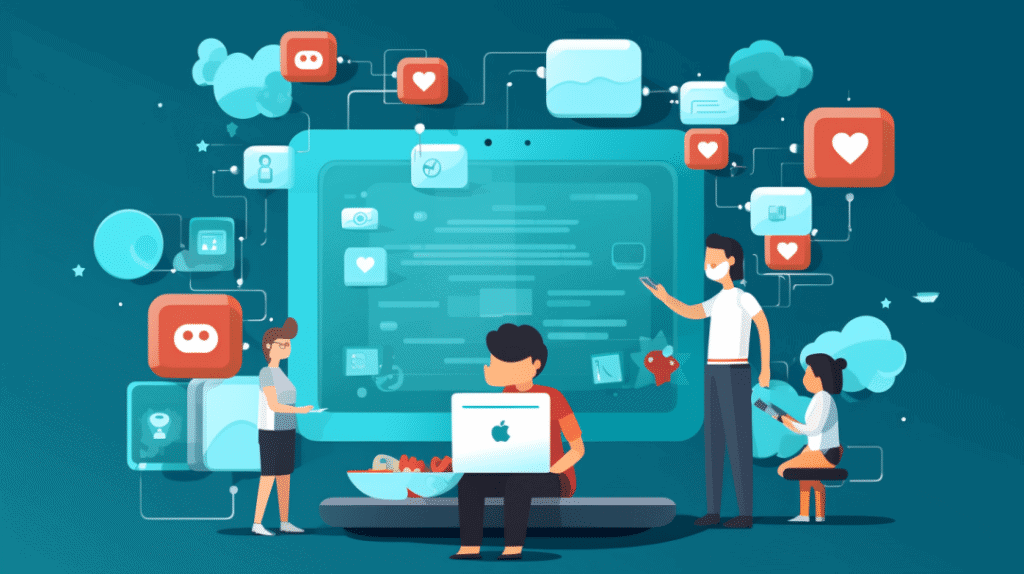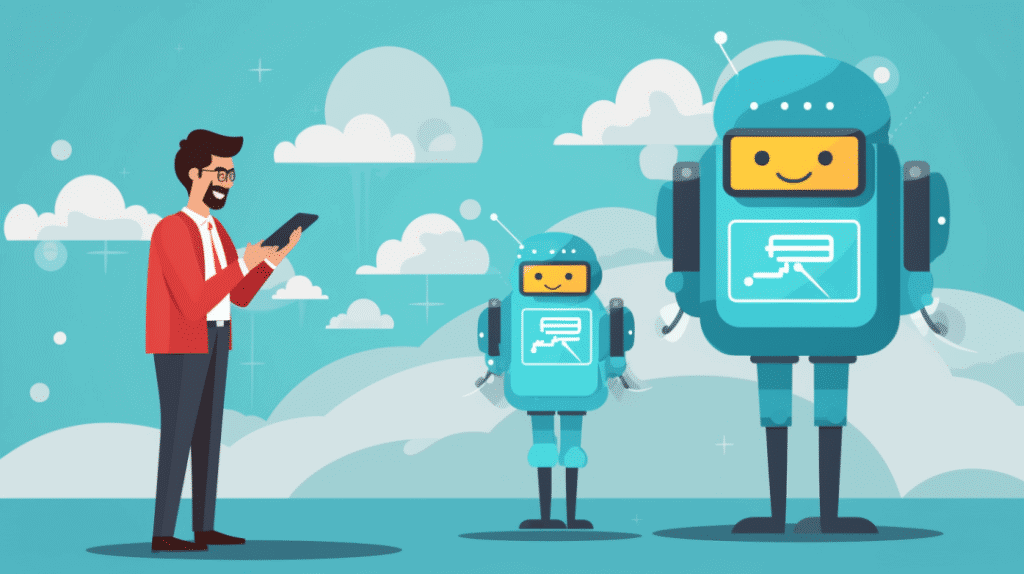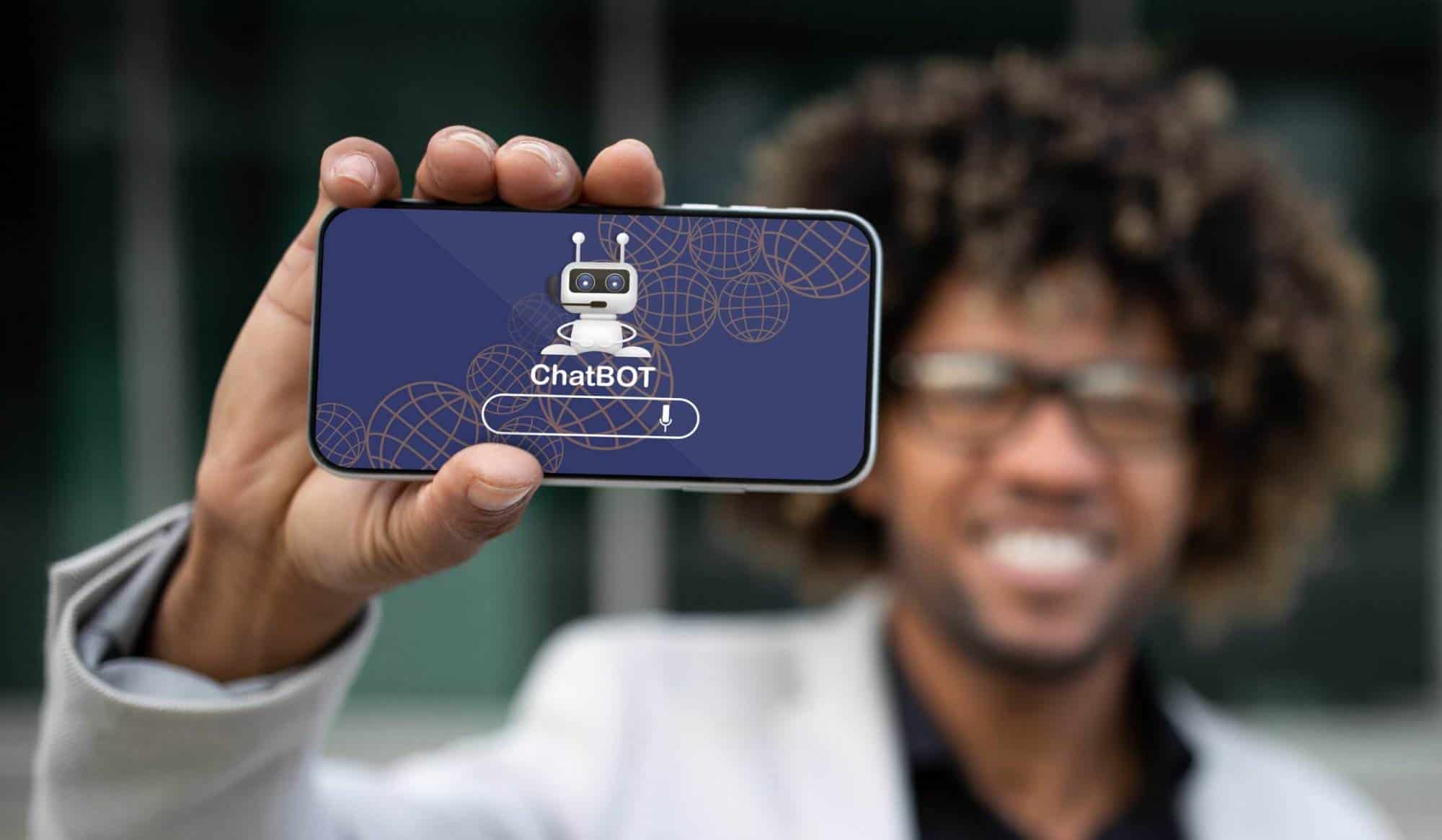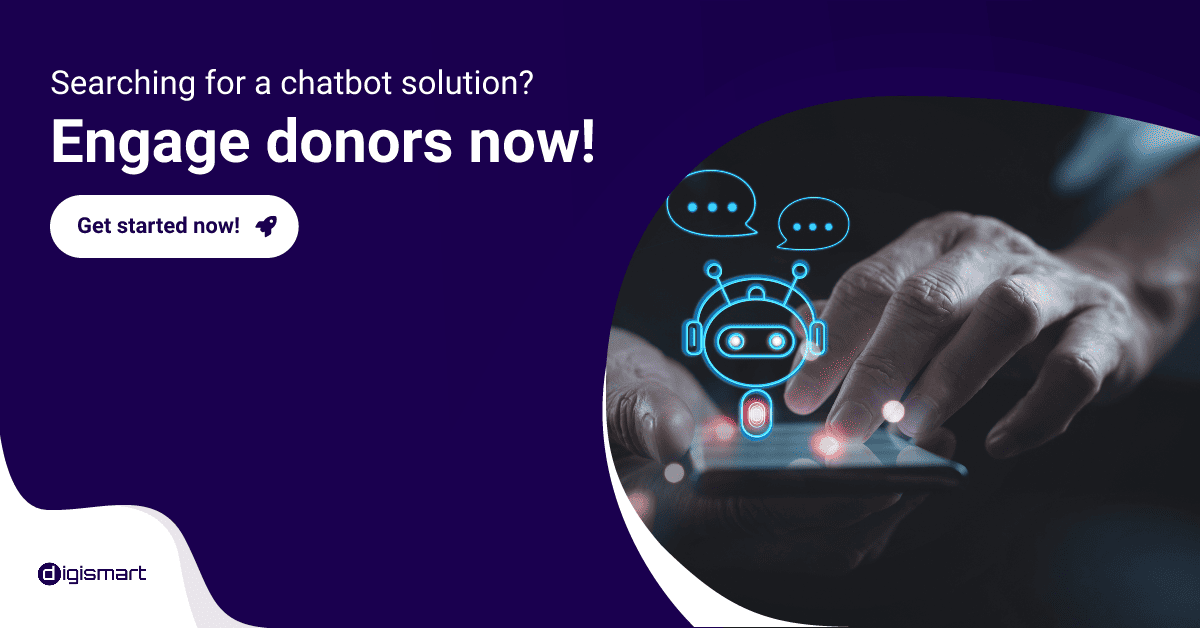Unlocking Potential: The Power of Chatbots for Nonprofits
Nonprofit organizations stand as an integral part of our society, supporting a myriad of causes and making a significant impact. These organizations face unique challenges with limited budgets, often relying on the goodwill of volunteers, donors, and the community. The need for efficient communication, cost-effective operations, and successful fundraising is paramount. As technology continues to evolve, one solution is proving particularly effective – the power of chatbots for nonprofits.
So, what are chatbots? In essence, a chatbot is an artificial intelligence (AI) software designed to simulate conversations with users in natural language. These interactive systems can be integrated into websites, messaging apps, or other platforms, designed to streamline processes and enhance user engagement. From answering frequently asked questions to handling registrations and directing users to relevant resources, chatbots serve a range of purposes.
Now, you might be wondering – how can a chatbot aid in nonprofit work? Can this technological tool truly revolutionize the way such organizations operate? To answer these queries, this article delves into the intersection between chatbots and nonprofit work, showcasing how the loss aid organization structure, function, and succeed in their altruistic missions. Get ready to chart the course, navigating the intricate world of nonprofit chatbots and revealing their untapped potential.

Efficiency and Cost-effectiveness Benefits of Nonprofit Chatbots
One of the most incredible benefits of utilizing chatbots, such as a nonprofit organization bot, lies in their ability to revolutionize efficiency while significantly reducing operational costs. AI for charities is not just a futuristic concept, but an existing boon aiding nonprofits today.
Firstly, a charitable foundation chatbot can drastically enhance communication efficiency. Nonprofits often deal with a multitude of conversations, queries, and common concerns from donors, volunteers, beneficiaries, and the general public. A nonprofit assistance bot can manage these communications tirelessly, 24/7, answering queries in real-time without the need for human intervention. The speed and precision of these bots can greatly streamline communication and enhance user satisfaction.
A major concern for nonprofits is cost efficiency. Utilizing AI support for nonprofits in the form of a chatbot can drastically reduce operation costs. A nonprofit communication bot eliminates the need for employing additional resources for answering queries or managing database systems. Without requiring breaks or overtime, these bots save you time and are a cost-effective alternative to expanding a human staff.
Also, the use of a fundraising chatbot and a donation chatbot can prove instrumental in automating donation processes. By providing instant and personalized guidance to potential donors, these bots can streamline the process, making it more appealing and user-friendly while minimizing the risk of donation abandonment.
Operational efficiency is another aspect that can receive a tremendous boost from a chatbot for an NGO. Be it orchestrating the efforts of volunteers, managing resources, or coordinating events, a combination of an AI platform for nonprofits, a nonprofit resource bot, and a volunteer coordination chatbot can automate these crucial tasks.
To conclude, from a cost and efficiency standpoint, the introduction and implementation of AI systems like the nonprofit networking bot are more of a necessity than a luxury in today’s technology-driven era for nonprofits. Effective use of these artificial intelligence tools can go a long way in easing the routine operations of nonprofit organizations, allowing them to focus on their core mission.

Case Study Examples of the Power of Chatbots for Nonprofits
Exploring real-life success stories can illustrate the tangible impact of chatbots for nonprofits. The use of AI for charities is not a theoretical idea, but it has been successfully implemented by many organizations, reshaping their effectiveness and operational efficiency. Here, we’ll delve into a few instances where nonprofits have effectively employed bots such as the nonprofit organization bot and the charitable foundation chatbot to support their unique needs.
The success story of a particular global nonprofit, focused on child protection and community development, stands out. This organization employed a nonprofit assistance bot to ease their communication backlog and improve response times. This AI support for nonprofits significantly enhanced their ability to consistently follow up with potential donors and volunteers by answering queries, providing information on community projects, and even processing donations around the clock. The implementation of this nonprofit communication bot significantly reduced their operational expenses and enabled them to reach out to their community effectively, improving their overall performance.
A noteworthy case would be of a leading environmental nonprofit. They introduced a fundraising chatbot, revolutionizing the way they raised funds for their cause. The chatbot, integrated within their website, was introduced as an interactive tool to visitors – answering inquiries about the organization’s work, accepting and processing donations, and explaining the allocation of funds. The donation chatbot facilitated a smooth, engaging, and straightforward donation process, overcoming the usual challenges faced in traditional methods.
Another prime example showcases the utility of a chatbot for an NGO engaged in providing community services. Utilizing a nonprofit resource bot and a volunteer coordination chatbot, they efficiently managed their resource allocation and volunteer coordination, even during the challenging periods of sudden demand surges. These bots played a crucial role in coordinating volunteer schedules, managing resources, and updating beneficiaries about available services, enhancing their operational proficiency.
To sum up, these real-life examples depict the transformational impact of an AI platform for nonprofits. The potential of AI is immense, illustrated by these experiences, and reinforces why more nonprofits need to explore the incorporation of bots like the nonprofit networking bot into their operational framework.

Tips for Nonprofits on Chatbot Integration
Adopting a new technology can be a daunting task, especially for organizations that don’t have a large IT department or extensive tech experience. However, implementing a chatbot for nonprofits can be an accessible and effective step in digital transformation. If you’re considering integrating an AI platform for nonprofits, here are some practical tips to guide you.
Understanding your primary needs is the first step. Are you looking to streamline your donation process? Then a fundraising chatbot or a donation chatbot might be your focus. Do you interact with a lot of volunteers and need to automate scheduling and instructions? A volunteer coordination chatbot can come to your rescue. Identifying what you hope to achieve with your nonprofit organization bot will guide its design, implementation, and use.
Getting started doesn’t mean you need to jump immediately into a complex AI for charities. You can begin with a simpler chatbot for NGO work like a nonprofit assistance bot or a nonprofit communication bot. Start small and then build upon your success. The AI support for nonprofits does not have to be complicated to be effective.
Another prudent step is to thoroughly plan your chatbot’s responses. It doesn’t have to cover every possible interaction from the get-go. Focus on your most commonly asked questions and ensure your charitable foundation chatbot can provide accurate responses.
Remember that a voice bot for nonprofits can be a useful tool, especially for visually impaired users or individuals who prefer audio interactions. Accessibility should be a consideration throughout the implementation process.
If you’re feeling overwhelmed, know that you’re not alone. Seek out help if you need it. Digismart and other companies specialize in creating an AI for community services and can guide you through the process. Remember, the goal is to improve your operations, reach out to more people, and enhance service delivery with the help of AI tools like the nonprofit resource bot and nonprofit networking bot.
In conclusion, chatbot integration has the potential to be an effective and efficient transformation tool for nonprofit organizations. This leap towards modernization can significantly enhance an organization’s ability to serve its community better.

Choosing the right chatbot platform:
Once you have identified your needs and considered what functionality are most important to you (e.g., basic FAQ answering, lead generation, donation processing) the next step is to choose a platform that offers relevant features. Consider the following:
- Budget: Compare pricing models of different platforms, including ongoing subscription fees and per-user costs.
- Ease of use: Some platforms require coding knowledge, while others offer drag-and-drop interfaces. Choose one that your team can comfortably manage.
- Platform integrations: Does the platform integrate with your existing CRM, donation software, or other tools?
- Security and data privacy: Ensure the platform complies with relevant data security regulations and protects user information.
Recap
The transformative power of chatbots in the nonprofit sector, as discussed in this article, cannot be overstated. As demonstrated, the use of a nonprofit organization bot elevates efficiency, and drives cost-effectiveness, revolutionizing daily operations. Real-life examples of successful chatbot integrations show how AI for charities is more than just a concept but a practical tool that can be tailored to fit the specific needs of any organization.
A fundraising chatbot, a donation chatbot or a volunteer coordination chatbot are just a few examples of how AI can augment processes in nonprofit organizations. These tools streamline communications, automate routine tasks, and provide 24/7 availability, helping nonprofits extend their reach and improve their service delivery. The integration of such AI platforms helps these organizations concentrate on their core mission, by easing the burden of operational and administrative tasks.
Future Scope
Looking ahead, chatbots present an exciting frontier for nonprofits. As technology continues to evolve, it’s reasonable to predict that the integration of chatbots will become even more prevalent within this sector. Furthermore, the sophistication and capabilities of AI tools like the charitable foundation chatbot and nonprofit resource bot will undoubtedly continue to advance.
We can expect to see broader utilization of voice bot for nonprofits, enabling even more interactive and personal user experiences. Simultaneously, the general trend towards digital transformation means that nonprofits must stay abreast with these advancements to remain competitive and relevant. In an increasingly digital world, the adoption and successful implementation of innovative technology remain an essential strategy for nonprofits.
In conclusion, the future of chatbots in nonprofits looks promising. As these AI-powered tools continue to evolve, their ability to bolster the efforts of nonprofits in achieving their goals is undeniable. These advancements pave the way for a more accessible, efficient, and technologically empowered nonprofit sector.









